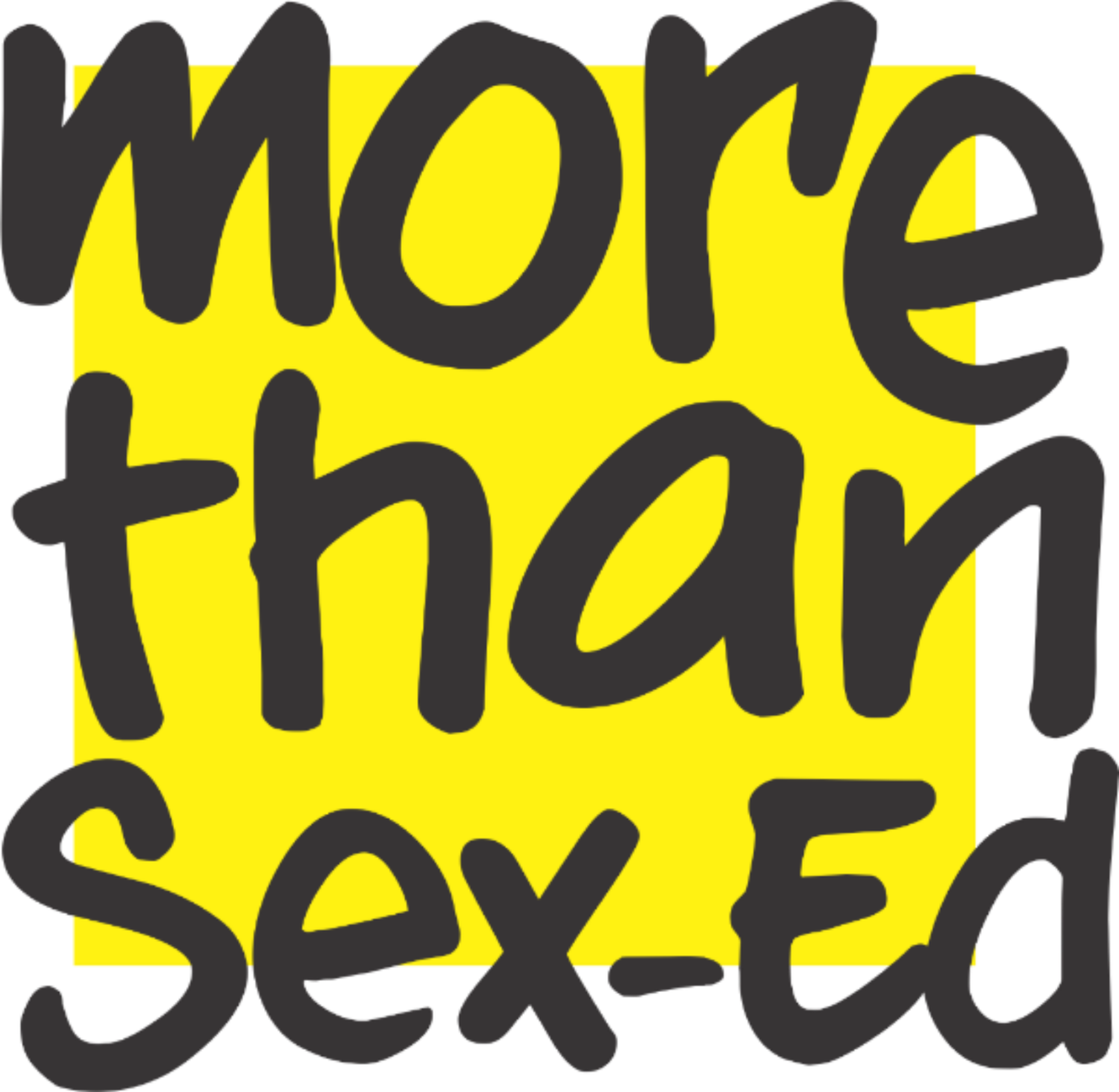Developmental age 13-15 years 7-9th grade
a weekly workshop series in 3 months
3 Hour Sessions, (Two 90 minute workshops per session)
The messages in each lesson are transmitted through a wide range of activities, games, and discussions, giving participants the chance to explore their own ideas and feelings, while recognizing common experiences as well as diverse perspectives among their peer group.
MONTH 1
Workshop 1: What Is Sexuality?
- Sexuality is much more than sex; it is complex and broad, it is a universal human experience, and it is positive and life-enhancing.
Workshop 2: Examining Values
- We recognize that different people hold different values, that impact their choices
- Participates reflect on their own values and messages they’ve received
Workshop 3: The Language of Sexuality
- There is a wide range of language used to describe anatomy and sex acts
- How we talk about sex and sexuality affects how we think about it; for this class, we will use scientific terms.
Workshop 4: Anatomy and Physiology
- Participants learn correct names and functions of male and female body parts.
Workshop 5: Personal Concerns about Puberty
- We provide accurate information about the wide range of normal development during puberty: physical, emotional, and social.
- Participants can anonymously ask personal questions about health and hygiene and have them answered.
Workshop 6: Body Image
- We all receive messages from many sources about what our bodies “should” be.
- Attitudes and feelings about our bodies can shape our sense of self and our decisions.
Workshop 7: Gender Identity
- Biological sex, gender identity, gender expression, and sexual orientation are all different components of sexual identity and align differently for different people.
- Participants learn ways to be supportive and respectful of transgender people.
Workshop 8: Gender Expression, Roles, and Stereotypes
- Gender-role expectations, messages, and stereotypes hurt and confine people of all gender identities.
MONTH 2
Workshop 9: Sexual Orientation
- Lesbian, gay, bisexual, queer, and asexual orientations are all normal, but continue to face discrimination and ignorance.
Workshop 10: Guest Panel
- Participants hear personal stories from LGBTQ guest speakers and have the opportunity to ask questions.
Workshop 11: Sexuality and Disability
- People with disabilities are still sexual beings; we all share many common emotions and desires.
Workshop 12: Healthy Relationships
- The group identifies characteristics of a healthy relationship and a caring, supportive romantic partner.
Workshop 13: Relationship Skills
- Attentive listening, asserting your own wants and needs, and setting appropriate boundaries are skills that enhance both romantic relationships and friendships.
Workshop 14: Sexuality, Social Media and the Internet
- Technology can enhance both personal knowledge and interpersonal relationships, but requires understanding of appropriate use and care for personal safety and respect for others.
Workshop 15: Bullying and Bystander Responsibilities
- Bullying is often linked to sexuality, can take many forms, and has many myths and misconceptions surrounding it.
- Participants learn to recognize and respond to a variety of bullying situations.
Workshop 16: Redefining Abstinence
- Abstinence excludes high-risk sexual behaviors, but still allows for many safe and healthy sexual behaviors, such as masturbation and “outercourse” (non-penetrative mutual stimulation).
MONTH 3
Workshop 17: Lovemaking
- Lovemaking is much more than penetrative sex.
- Lovemaking is a positive and life-enhancing experience when it is consensual, non-exploitative, mutually pleasurable, safe, developmentally appropriate, based on mutual expectations and caring, and respectful.
Workshop 18: Consent Education
- Everyone has the right to consent or not consent, in any situation and any relationship.
- Sexual violation can take many forms; participants will gain tools for handling these situations, standing up for themselves, and respecting the rights of others.
Workshop 19: Sexually Transmitted Infections
- Participants gain a basic understanding of the symptoms, effects, and treatment options for the most common sexually transmitted infections.
- All people have the right and the obligation to make responsible sexual choices, and this responsibility extends to caring for the health and wellbeing of their partners.
Workshop 20: Pregnancy, Parenting, and Teen Parenting
- Participants review the process of conception; pregnancy can occur very easily.
- Parenthood is a rewarding, but very challenging journey, with enormous responsibilities and significant effects on future life plans and goals.
Workshop 21: Unintended Pregnancy Options
· Abortion, adoption, and parenthood are the three basic options for handling an unintended pregnancy.
· Any one of these decisions is difficult, complex, emotional, and deeply personal.
Workshop 22: Contraception and Safer Sex
- The group learns many methods for protecting against pregnancy and STIs, including how to put on and remove a condom safely.
- Participants evaluate different sexual behaviors based on their risk for unintended pregnancy and transmission of STIs.
Workshop 23: Sexual Decision Making
- Teens make choices about sexual behavior for many reasons; participants consider what informs these decisions, and how to evaluate and articulate them.
Workshop 24: Communicating with a Sexual Partner
- This workshop teaches skills for healthy, positive communication in a sexual relationship.
- Specifically, participants practice negotiating with a partner who does not want to use protection.
We are always happy to have further conversations with parents who would like more clarity or detail on any session.

